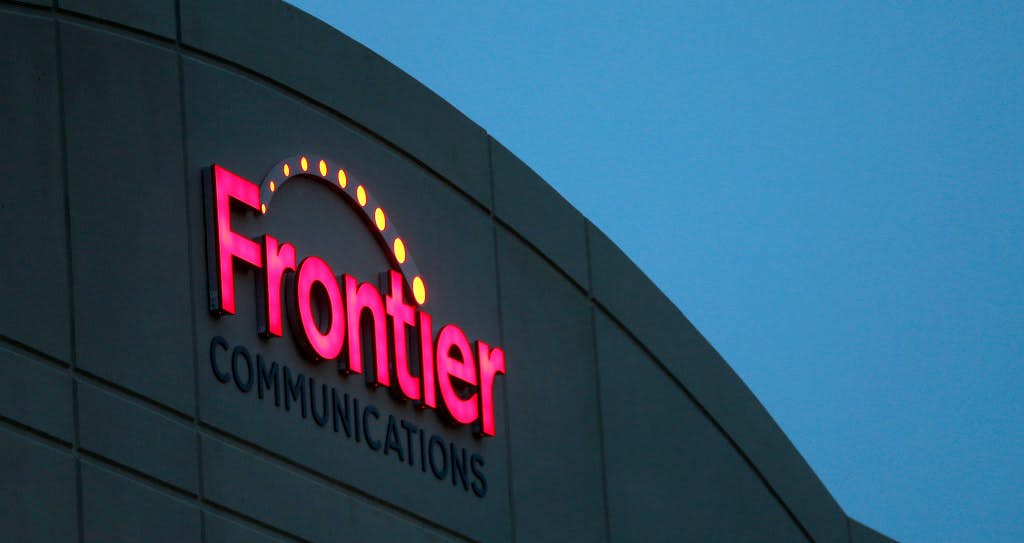Fiber-focused In a series of arguments over marketing claims pertaining to their respective broadband products, Frontier Communications and cable industry behemoth Charter Communications each took some lumps and scored some points. In a significant victory for Frontier, the National Advertising Division (NAD) advised Charter to qualify some of its speed claims by noting that they are not symmetrical, while Charter won the legal battles over claims made by Frontier regarding availability and dependability.
The BBB National Programs, a company that manages self-regulation initiatives for the advertising sector, includes the NAD in its portfolio. It rendered decisions on three different disputes involving the aforementioned operators this week.
The NAD mostly sided with Frontier in a decision made on Wednesday regarding a challenge that targeted Charter’s assertions regarding superiority, performance, and consumer eligibility for the Affordable Connectivity Program (ACP). The NAD upheld Charter’s claims concerning the ACP but advised it to change or drop five claims that were comparative instead because they lacked sufficient evidence. Other internet providers simply cannot compete with Spectrum, and Spectrum Internet is the best Internet provider overall, consistently delivering more speed.

In the same ruling, the NAD notably recommended Charter qualify speed claims to note whether it is referring to upload or download speeds. Explaining its reasoning for the decision, the NAD noted “the record demonstrates that upload speeds are important to consumers when choosing an ISP provider and that both download and upload speed are material considerations for consumers.”
Charter said it disagreed with the recommendation to change its speed claims and planned to appeal. Still, Frontier hailed the decision as a win, telling Fierce in a statement “With this ruling, the NAD is acknowledging that faster upload speeds are increasingly important for everyday activities like working from home and that they are far more important than generally understood. This ruling underscores what we have been saying – that fiber does what cable can’t.”
But it wasn’t all upside for Frontier.
Following a challenge from Charter, the operator voluntarily ended its “Whole Home Wi-Fi Guarantee,” according to the NAD on Tuesday. Before the NAD could evaluate the claim’s merits, Frontier took action.
In response to Frontier’s claims of “100% Fiber,” “Fiber Availability,” and 6-nines Reliability, Charter also submitted a separate challenge. The NAD advised the operator to stop making the latter claim and to change its availability and fibre claims to make it clear that its fibre service is not accessible throughout its entire network, citing a lack of evidence from Frontier as justification. Frontier stated that while it did not concur with all of the NAD’s conclusions, it would follow its recommendations in a statement attached to the decision.
The disputes stem from the most recent conversation between Charter and a fibre rival. It engaged in a considerable back-and-forth with AT&T in 2022 and even defeated Google Fiber in a dispute over speed claims.


